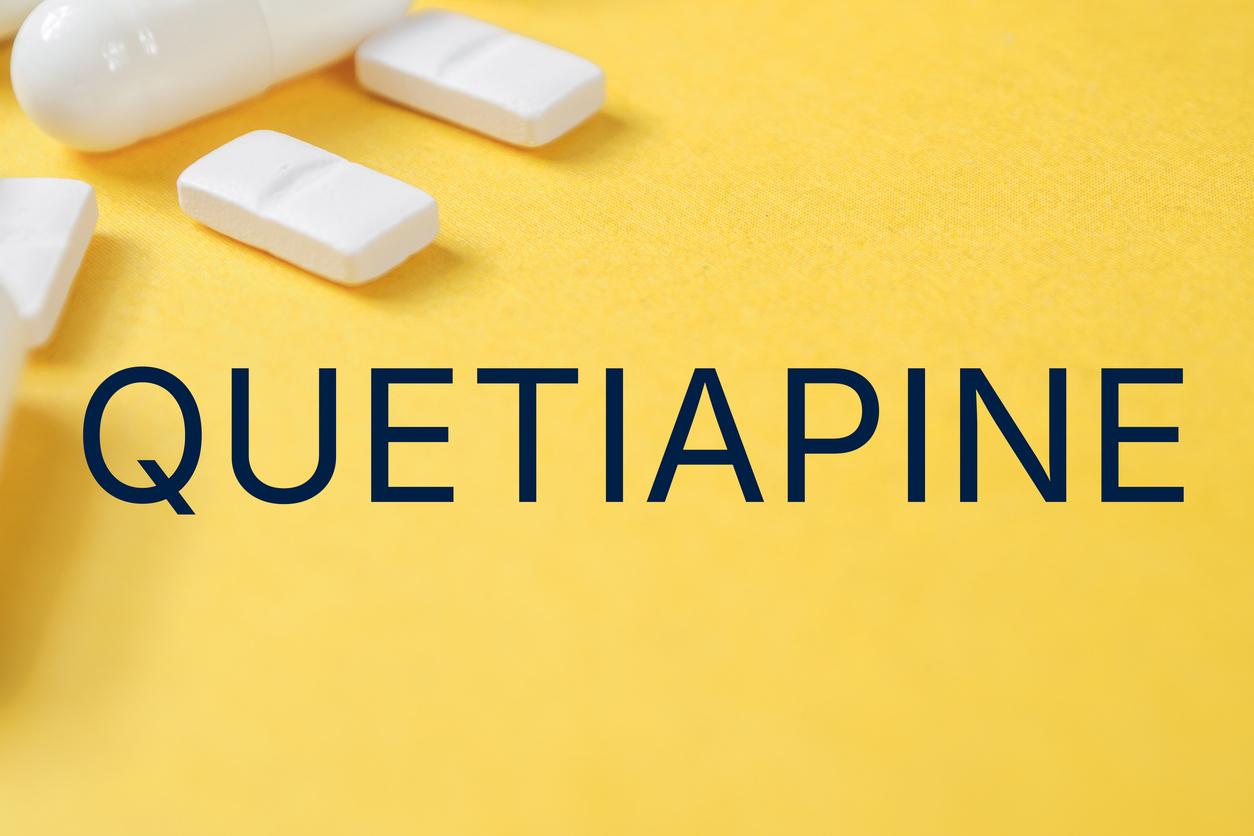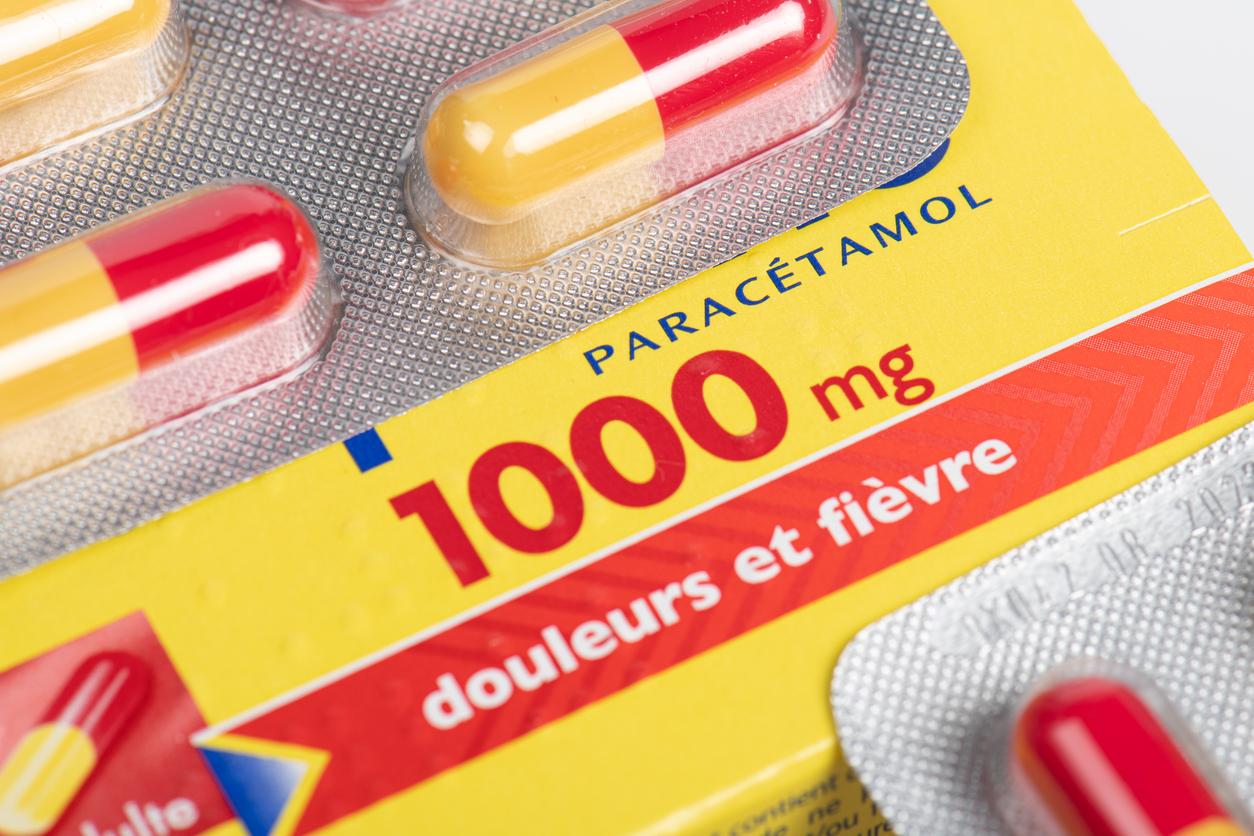March 31, 2003 – Although health may be one of the central themes of the current election campaign, those involved in the field of alternative therapies feel forgotten.
“We are the 22nd priority,” laments Christiane Gendron, president of the Association of Naturopathic Graduates of Quebec.
However, various stakeholders argue, with the current congestion of the health system, alternative therapies could be used to reduce the length of waiting lists.
“We want a complementarity as there is in Germany, explains Francine Rodet, administrative director of the International Research Institute in Homeopathy and Biotherapies. We want the patient to be directed to the most appropriate therapy for their case, whether it is a doctor or a homeopath. We want the patient to have a choice. “
However, the issue is thorny. In Quebec, the world of alternative therapies is completely deregulated, and anyone can call themselves a homeopath or naturopath overnight. In addition, there is no standardized training leading to obtaining these “titles”.
The solution most often mentioned, the creation of “professional orders” in due form, is far from unanimous. A request to this effect was also rejected in 1993 by the Office des professions du Québec. Some also fear the impact that such an approach could have.
” You have to be careful. With acupuncture, regulation has led to sclerosis in the profession, ”says David Bentata, director of the College of Alternative Medicine of Quebec.
A big cleaning is therefore necessary, even if no one seems to want to take the broom out of the closet to tackle it. The stakeholders interviewed do suggest the creation of an independent public body, a sort of register to which all practitioners should register and which would have a code of ethics, but nothing more.
“In Quebec, we have three associations and two naturotherapy schools,” adds David Bentata. We have never managed to all sit around the same table. We wait for the government to force us to meet, but the government tells us to start by meeting to present a brief! “
Political intentions
Of the three main parties vying for the April 14 elections, the Action Démocratique du Québec is the one that seems to demonstrate the greatest openness to the issue of alternative therapies.
“We must offer a framework for alternative treatments,” says Dr. Joëlle Lescop, the ADQ spokesperson for health. The protection of patients is at stake. It is necessary to identify which therapists are able to help. “
While she acknowledges that the issue would not be at the top of a Dumont government’s agenda, Lescop says she would not be at the bottom completely either. She believes, for example, that it might be appropriate to form a task force that would recommend to the government which therapies are acceptable and safe.
“We have to recognize that the public consults with alternative practitioners and that the public asks to be informed and protected,” she says. This is the role of the Legislator. “
On the part of the Parti Québécois, spokesperson Claude Fortin admitted that the file is at a standstill. “There are no ongoing discussions,” she drops.
She is also not overly concerned about the deregulation that currently allows anyone to offer alternative health services.
“There is improvisation in all trades,” she says. But we are talking about a minority. I am sure the majority of homeopaths are very serious people. “
It was not possible to obtain further details about the PQ position, Ms. Fortin having abruptly ended the interview while PasseportSanté.net was trying to understand why the government seems so hesitant to put money into it. order in an area where deregulation puts people’s health at risk.
Let us also mention that in 1996, an interministerial committee formed by the PQ to study the question of alternative therapies gave birth to a report which remained a dead letter. This report made several recommendations, particularly with regard to training, public protection and the accountability of alternative therapists.
As for the critic of the Liberal Party of Quebec in matters of health, Jean-Marc Fournier, the calls placed by PasseportSanté.net remained unanswered.
Jean-Benoit Legault – PasseportSanté.net

















